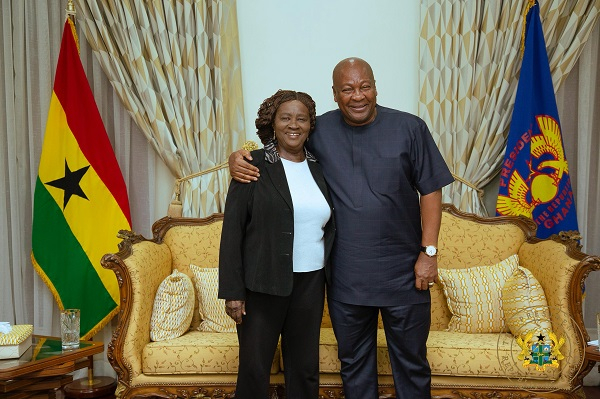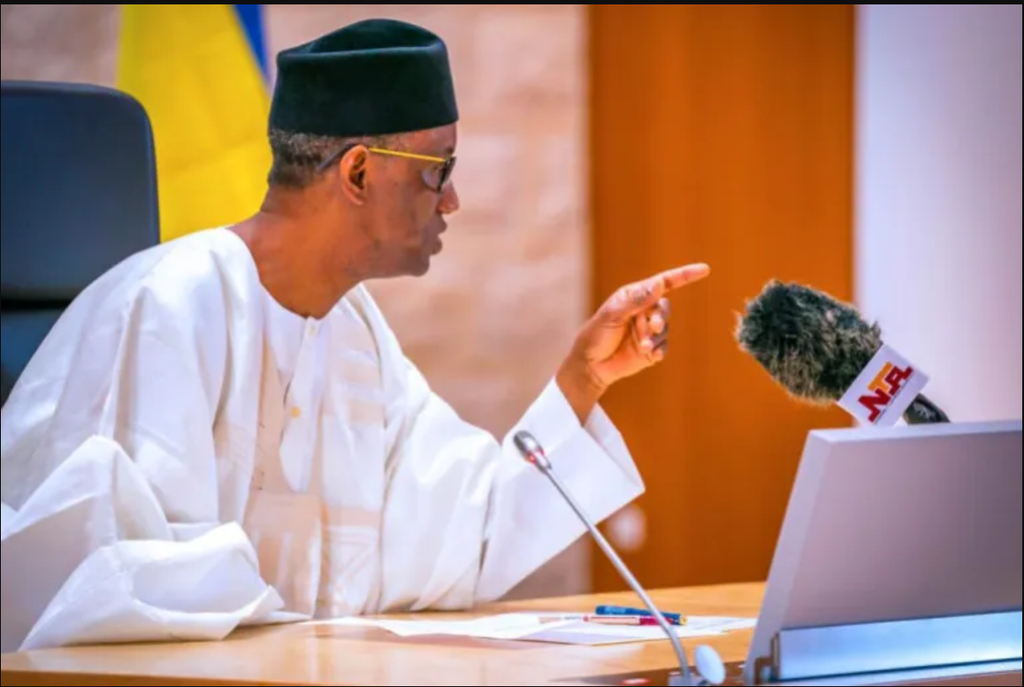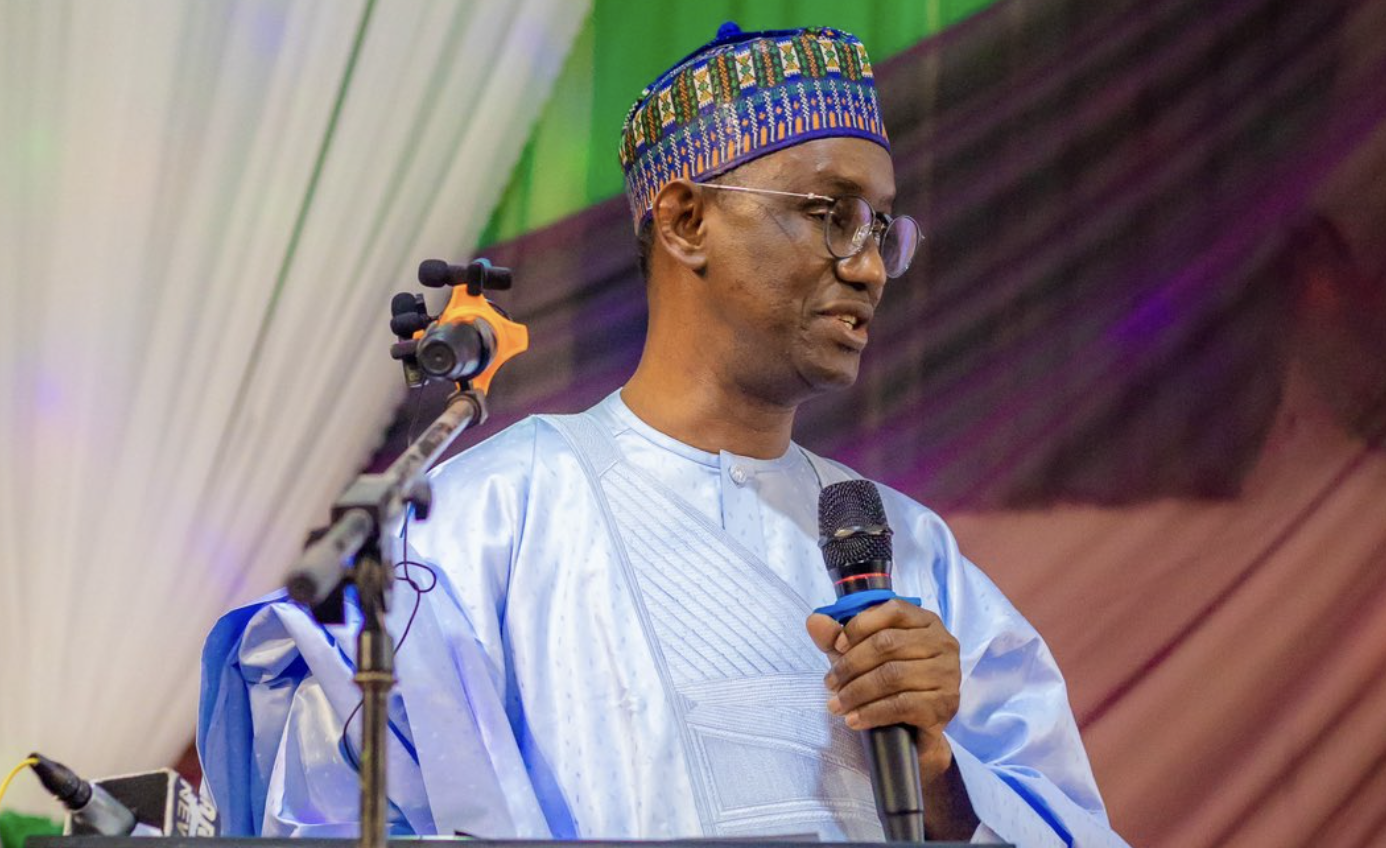Zulum's claims about Boko Haram's strength: Separating emotion from facts
Governor Umara Zulum of Borno State is in the news again. He spoke to News Central Television on Wednesday. He talked about many things, especially the things that ail his state. He spoke about the resurgence of Boko Haram insurgency.
He described the pathetic situation in his state, especially the fate of the thousands displaced by the recent terrorist activities. He talked about the Marte incident that took place a fortnight ago, which got everybody talking: Boko Haram terrorists overran a military post in Marte, killing a number of soldiers and carting away a significant amount of military weapons and equipment.
He was very emotional, and rightly so. Who wouldn’t be?
The governor also spoke about what he thinks was responsible for the resurgence of the dreaded terrorists. He laid the blame on some members of the military and the political class, who he claimed have turned themselves into snitches and blabbermouths.
He said there are moles within the military ranks and there are saboteurs among the political class. He is probably right. It’s not unprecedented. President Goodluck Jonathan, it was, who, during the ascendancy of Boko Haram insurgency in 2014, cried out that there were Boko Haram members in his cabinet! So, Gov Zulum might not just be goofing around.
To be honest, nothing astounds the mind more than the odious activity of a mole within the ranks. Imagine security personnel actively participating in terrorist activities against the state! Sadly, such unbelievable complicity in crime by state agents is no longer strange in our clime. We have seen rogue policemen paraded for collaborating with criminals to carry out crimes.
We have also seen knave soldiers caught with concealed weapons meant for the adversary to use for attacks on troops and so on. It is indeed symptomatic of a society on the verge of losing its soul. Folks no longer have any qualms in their bid to make quick money, even if it means throwing their colleagues under the bus or sabotaging the whole country.
If we must tell ourselves the truth, the system has been compromised. Moles and informants are alive and thriving within the fold. Fifth columnists abound, and sabotage is rife. Patriotism is now a scarce commodity even within the ranks and files of our military, security, intelligence, and response agencies. This mainly explains why our troops often fell to ambushes laid by their adversaries. When troops’ movements and positions are squealed by snitches, often within system, to the enemies, the result is always fatal, and so the military authorities must take this ‘revelation’ very seriously.
But the distraught governor also said many more things that are outright eccentric. He claimed that Boko Haram terrorists possess superior weapons to the Nigerian military! That’s outlandish. Bizarre. Untrue.
While the governor’s concerns stem from the painful realities his state faces, it is crucial to separate emotion from fact. Assertions like these, though emotionally charged, risk undermining the public confidence in the Nigerian Armed Forces and misrepresenting the true dynamics of the conflict. And this is not the first time the governor has made such explosive but definitely unsubstantiated assertions about the military. He needs to be circumspect. He must chew his words (before spitting them).
His emotive claims are not only misleading but also undermine the gallant efforts of our armed forces, who have continued to put their lives on the line to protect the sovereignty and peace of our nation. While it is understandable that the governor is speaking from a place of deep concern, especially considering the devastating effects of terrorism on his state, his assertions are far from accurate and risk spreading demoralising narratives.
If, indeed, Boko Haram had superior weapons and was as strategically powerful as claimed, then one must ask, why has Maiduguri not fallen? Why is the governor himself still residing in the Government House, conducting official duties and overseeing state affairs from the very heart of a region supposedly overrun by better-armed insurgents?
The fact remains that Boko Haram operates from the fringes, resorting to cowardly hit-and-run tactics and ambushes rather than full-scale confrontations with our military. This alone is proof that they lack both the strength and the firepower to engage Nigeria’s military head-on. The Nigerian Armed Forces, despite challenges, have consistently degraded Boko Haram’s operational capacity, recaptured territories once under terrorist control, and pushed them back into isolated hideouts.
As it’s not even up for debate, the Nigerian military remains one of the most respected in Africa. Our troops have participated in international peacekeeping missions and have proven themselves capable in diverse theatres of conflict across the continent.
To assert that a rag-tag group of insurgents whose only strength lies in the ability to blend with the community is better armed than a national military is to ignore the complex nature of asymmetric warfare, where unconventional tactics are often mistaken for superior capability. It is also to ignore the real progress made by our forces. It is, in a way, advancing the ‘invincibility narrative’ of the adversary. It is, at best, a counterproductive psychological operation targeted against the troops of the Nigerian military.
Again, Governor Zulum’s emotional reaction is understandable, given the trauma his people have endured. However, such statements should be guided by facts, not fear. We must stand behind our troops, recognising their sacrifices and achievements, and be cautious not to give undue propaganda victories to the enemies of our country.
In truth, Boko Haram’s days are numbered. The resilience of the Nigerian military, backed by the will of the people and the government, will ensure that terrorism becomes a thing of the past.
Omeje is the publisher of Security Digest








